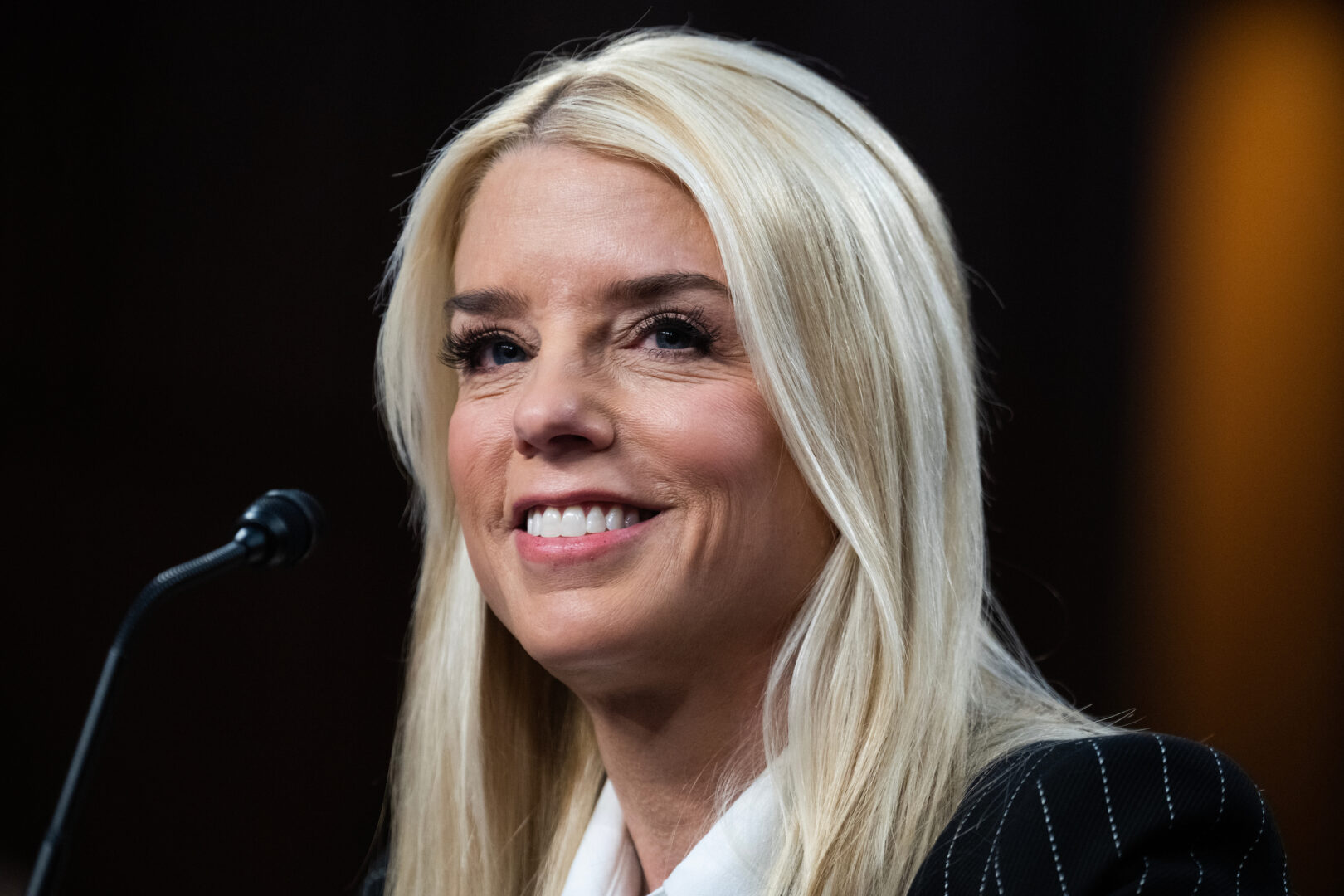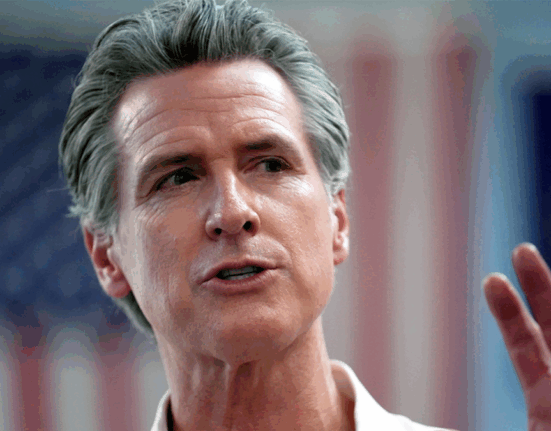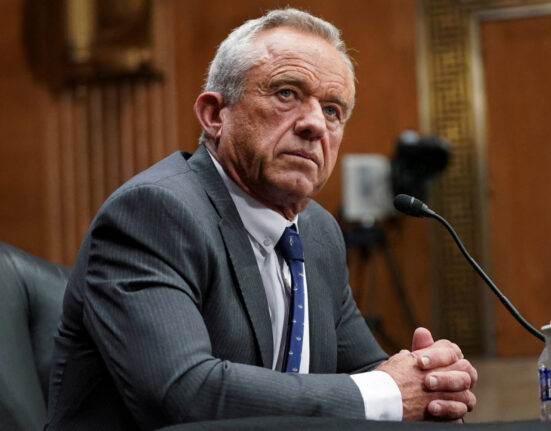Law is a realm where family ties can sometimes lead to intense rivalries and unexpected outcomes. In a recent turn of events that has captivated the legal community, Diane Seltzer, an employment attorney, emerged victorious in a fiercely contested election to lead the prestigious D.C. Bar Association. Her opponent? None other than Brad Bondi, a well-known securities lawyer who happens to be the younger brother of Pam Bondi, the U.S. Attorney General.
The clash between Seltzer and Bondi was not just about individual credentials but also symbolized broader tensions within the American legal landscape. At stake was not just leadership of a professional association but also questions of ethics, partisanship, and the rule of law itself.
Sibling Showdown: Diane Seltzer vs. Brad Bondi
The race garnered unprecedented attention and engagement, with over 38,000 members participating in the voting process – a significant increase from previous elections. Ultimately, Seltzer secured over 90% of the electronic votes, marking a decisive victory that reverberated beyond legal circles.
A Battle Beyond Personalities
Seltzer’s platform emphasized upholding the rule of law and protecting lawyers from potential repercussions for fulfilling their professional duties. She articulated concerns about external pressures on legal practitioners and stressed the importance of maintaining ethical standards amidst political turmoil.
In contrast, Brad Bondi advocated for preserving nonpartisanship within the bar association and steering clear of politically charged rhetoric. His vision focused on enhancing training opportunities for attorneys and promoting pro bono initiatives as pillars of professional development.
Expert Insights:
Legal experts have highlighted how this showdown reflects broader shifts in public perception towards lawyers amid heightened political scrutiny.
From Professional Campaigns to Political Battlegrounds
What started as a contest for leadership morphed into a battleground where accusations flew, alliances were tested, and ideological fault lines deepened. The once-civil discourse gave way to partisan bickering and identity-based arguments that overshadowed substantive policy discussions.
Brad Bondi lamented how what should have been a constructive debate devolved into mudslinging driven by political affiliations rather than genuine concern for institutional welfare. The intrusion of national politics further complicated an already contentious race.
The Burden of Legacy: Pam Bondi’s Shadow
The specter looming over this electoral drama was none other than Pam Bondi herself – an influential figure grappling with her own challenges in navigating political storms at the Department of Justice. The familial connection added layers of complexity to an already charged atmosphere where every endorsement carried weighty implications.
As ballots were cast and results tallied, it became evident that this race transcended mere administrative responsibilities; it embodied competing visions for legal ethics in an era marked by uncertainty and upheaval.
In conclusion:
Diane Seltzer’s triumph may signal a shift towards prioritizing principled leadership grounded in safeguarding legal integrity amidst external pressures.









Leave feedback about this